Should My Child Take the ACT or the SAT?
The ACT and the SAT used to be very different tests until the SAT changed its format dramatically in 2016. Now they have more similarity in format and style, but there are some subtle differences that make it important to discern which test is better for you.
Quick Overview
Both tests are comprised of four test sections and an optional essay, but the sections differ. The SAT has Reading, Writing/Language, Math: Calculator, and Math: No Calculator. The ACT has English, Math, Reading, and Science. Previously the SAT included a penalty for wrong answers, but now that’s been eliminated.
Scoring is very different. All four SAT sections total 1600 points, while the ACT scores each section only to 36 and then gives an average of the 4 sections as the composite score.
A More Detailed Look
Which test is right for you depends on the details of each section. Let’s compare them.
Language Sections: SAT vs ACT – Many questions in the SAT reading section offer the line number to help you find the place in the passage quickly. The SAT also offers more time per question. However, many students find the SAT questions more subtle and abstract, therefore requiring more time than the more straightforward ACT reading section questions.
In the English section, ACT questions are more focused on grammar and punctuation, while in the SAT’s Writing and Language section, more questions focus on writing style and choice of words. The SAT has also incorporated career-related topics, which the ACT does not have, as well as some science and graphs, since the SAT does not have a separate science section.
Math Sections: SAT vs ACT – The ACT gives 60 questions in 60 minutes, while the SAT gives 58 questions in 80 minutes. This sounds like a no-brainer, but there are significant differences between these tests that explain the disparity.
The SAT’s Math questions are wordier than those in the ACT, testing your ability to disregard irrelevant information and focus only on the necessary components. If you’re good at math but a slow reader, this could be a problem. The SAT has 20 “no calculator” questions, designed to test your knowledge of math concepts and critical thinking. Additionally, 13 questions between the two math sections are “grid-in” questions. You solve the problem and write in the answer. Finally, the SAT math sections incorporate some of the science, graphing, and data analysis that are found in the ACT science section. For these reasons, more time is necessary to solve SAT Math.
The ACT’s math problems run a wider range, including more geometry and trigonometry than the SAT math sections have. The ACT expects you to have all of your formulas memorized, while the SAT gives you geometric formulas in case you’ve forgotten them. The ACT allows you to use a calculator on all problems, which are multiple choice, no “grid-ins,” and are less wordy than the SAT questions.
Science Section of ACT – As mentioned, the SAT incorporates science throughout the rest of the test. The ACT administration claims you do not need to know any hard science facts in order to do well on this section. While this may be technically true, having a good grasp of high school chemistry, biology, and physics means you will be able to go through this section faster and with more confidence, which usually results in a higher score. This section primarily tests critical thinking. The graph interpretation and data analysis in this section of the ACT is found throughout the SAT, but the science seems a bit more intense. However, as mentioned, the ACT questions are a little less wordy and more straightforward than the SAT questions.
How to Choose
The best way to choose which test is best for you is to take a full-length practice test of each in a real testing environment: in a quiet place in one sitting, following the exact time allotted for each section. Then evaluate your results and determine which types of questions and style of testing you would most easily be able to improve upon.
If you need any help in determining what’s best for you, ask us for a consultation. Our passion is to help young people succeed.
College Admissions
Counseling
Career Launch
Career Management
LIFE COACHING FOR 20-SOMETHINGS
PARENT/YOUNG ADULT FACILITATION
doylestown, pa 18901, Princeton, nj, hunterdon county and robbinsville, nj,and serving clients all over the world via zoom video conference
DISCOVER


